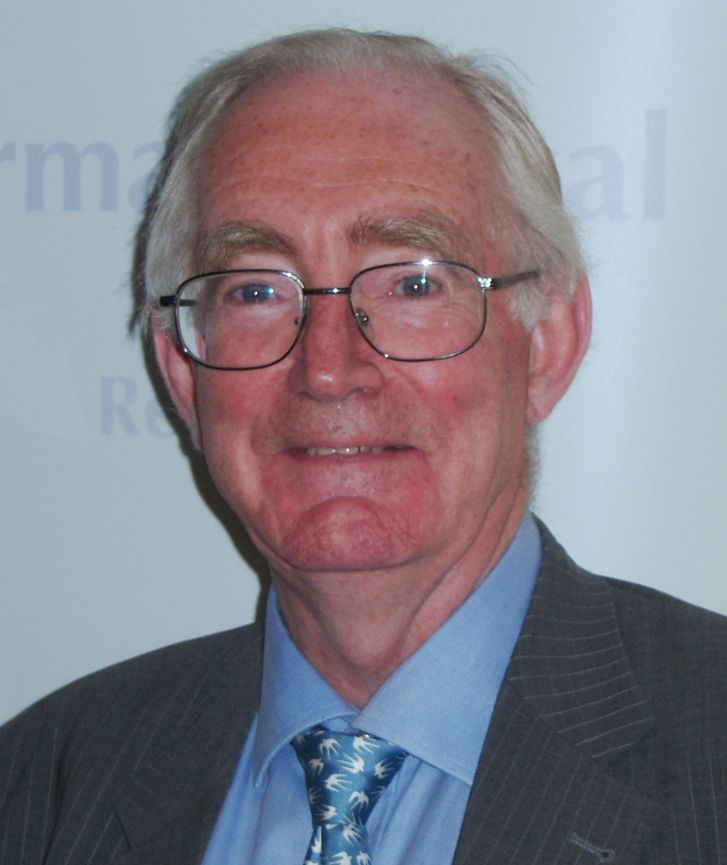Sign up to our newsletter Subscribe
Analysing Global Immunisation Expenditure

Sign up to our newsletter Subscribe


Why, whether and how to measure health outputs, productivity and equity in the UK was the focus of the OHE’s 15th Annual Lecture, given by Prof Tony Atkinson. Why, whether and how to measure health outputs, productivity and equity in…

Why, whether and how to measure health outputs, productivity and equity in the UK was the focus of the OHE’s 15th Annual Lecture, given by Prof Tony Atkinson.

Why, whether and how to measure health outputs, productivity and equity in the UK was the focus of the OHE’s 15th Annual Lecture, given by Prof Tony Atkinson. Health was a key aspect of the 2004-5 Review he completed for the Office of National Statistics (ONS), intended to assess existing measures of government output and productivity, and recommend improvements.
With respect to health, concern about measuring government output as accurately as possible was stimulated by two key factors. First, although government spending on health rose dramatically after 1997, analyses done in 2003 did not demonstrate a similar rise in outputs – productivity appeared to have fallen. Second, methods for measuring national accounts across Europe began to undergo revision as the 2006 deadline for meeting an EU Commission Directive neared. Health is large component of the government sector’s contribution to national accounts.
For health, the objective is to measure the contributions of heath care to improving health, rather than measuring the state of the nation’s health. Methodology has improved substantially since 2005 using richer, weighted and more nuanced data for both input and output. Increases in productivity became evident using these more complex approaches. Nevertheless, many challenges remain. These include assessing improvements in quality, a challenge not unique to the health sector, and measures of the impact on equity, an important objective of the NHS. Recent suggestions for weighing output based on distribution across income groups offer one possibility for incorporating equity into measures of output.
Looking ahead, Prof Atkinson cautions that health care cannot be expected to yield the same rate of productivity increase as the economy as a whole, at least in the medium term. In fact, he suggests that future policy should be planned assuming zero productivity growth and an increase in the cost of health care. As society becomes richer as a whole, however, the willingness to spend more on health care also will grow.
Prof Atkinson warns that statistics on productivity in the NHS are central to political debates about the NHS. He suggests agreement on a set of principles of measurement – nine were enumerated in his Review — that can help protect against political manipulation of the statistics. These include, for example, that government non-market output should, as far as possible, be measured following a procedure parallel to that adopted for market output and that output should in principle be measured in a way that is adjusted for quality.
Currently, refinement and further development of all nine principles form part of the work programme of the UK Centre for the Measurement of Government Output (UKCeMGA) established within the ONS in response to the Atkinson Review’s recommendations. The OHE Commission explored how the NHS could move to routine collection of outcome measures to support better measures of quality adjusted activity and productivity.
Download Atkinson, A. (2009) Measuring health output, productivity and equity: Future challenges. Annual Lecture. London: Office of Health Economics.
An error has occurred, please try again later.
This website uses cookies so that we can provide you with the best user experience possible. Cookie information is stored in your browser and performs functions such as recognising you when you return to our website and helping our team to understand which sections of the website you find most interesting and useful.
Strictly Necessary Cookie should be enabled at all times so that we can save your preferences for cookie settings.
If you disable this cookie, we will not be able to save your preferences. This means that every time you visit this website you will need to enable or disable cookies again.
This website uses Google Analytics to collect anonymous information such as the number of visitors to the site, and the most popular pages.
Keeping this cookie enabled helps us to improve our website.
Please enable Strictly Necessary Cookies first so that we can save your preferences!